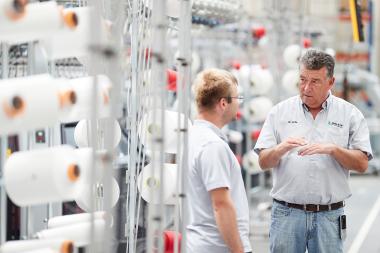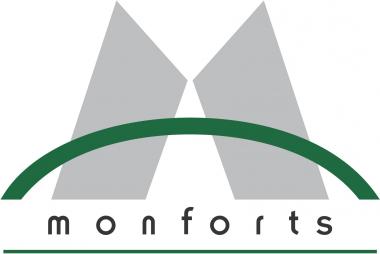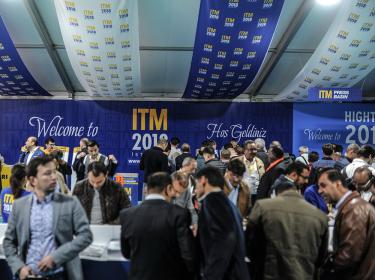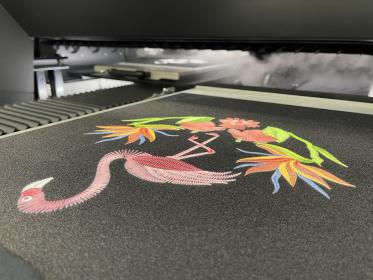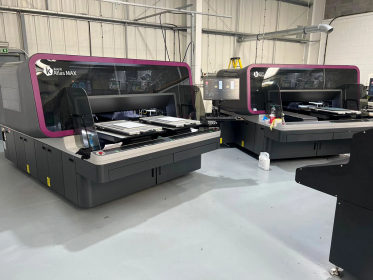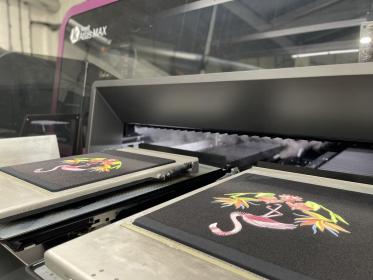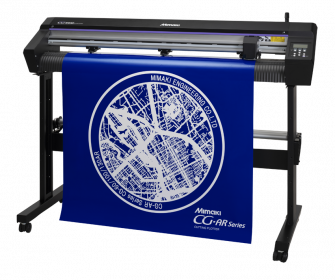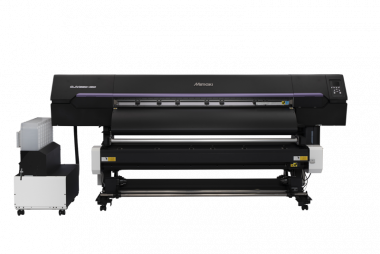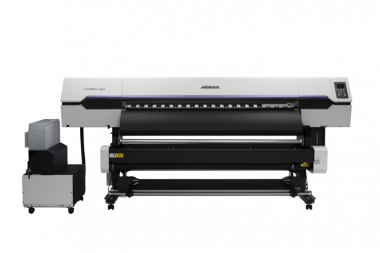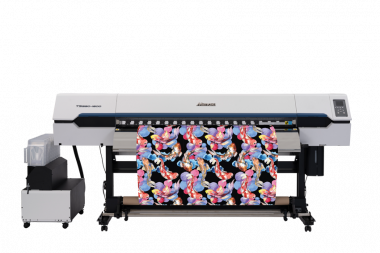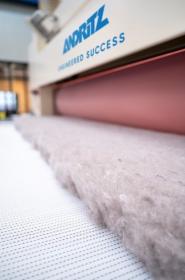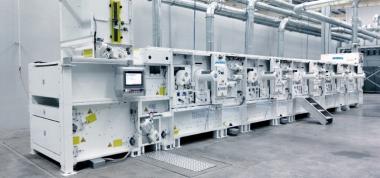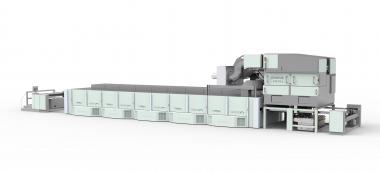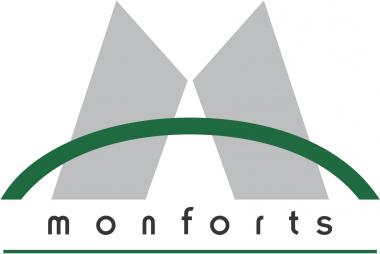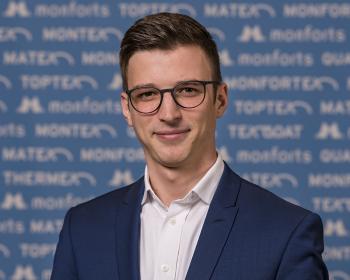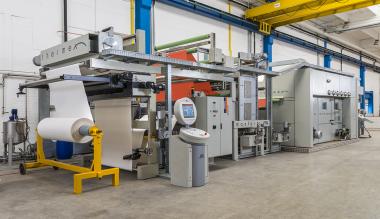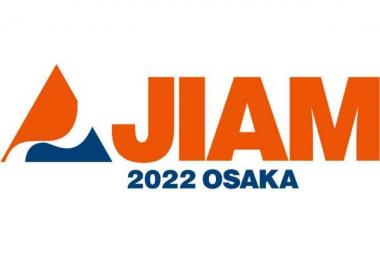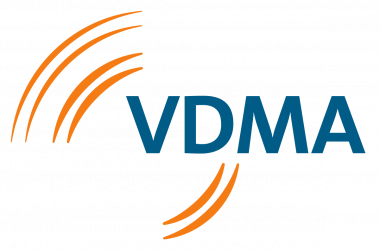Mayer & Cie. at the ITM
- Turkish circular knitting market offers prospects in turbulent times
After a four-year, Covid-related break the German circular knitting machine manufacturer Mayer & Cie. is exhibiting with its Turkish representative Mayer Mümessillik (MMÜ) once more at the important International Textile Machinery Exhibition (ITM) in Istanbul. At Booth 713 in Hall 8, Mayer & Cie. will present three machines: the D4-2.2 X interlock machine, the OV 3.2 QCe for double jersey structures and the MV 4 3.2 II for single jersey fabrics. For the Mayer & Cie. and MMÜ team the focus will be on in-person contacts with customers, suppliers and partners. Despite the tense international situation both the manufacturer and its representative are positive about the medium-term outlook for the Turkish market.
Turkey is a market with prospects
“The challenges that the global economy faces are at present enormously wide-ranging, of course,” says Mayer & Cie.’s Turkey specialist Stefan Bühler. “The Russian invasion of the Ukraine, supply chain outages, shortages of raw materials and skyrocketing energy prices all create uncertainty.” And then there is galloping inflation in Turkey and elections in 2023. Yet despite, and in part because of, this state of affairs Bühler and Kahraman Güveri, CEO of Mayer & Cie.’s Turkish representative MMÜ, hold a positive view of the market outlook for the years ahead. Large orders, especially for standard products, are on the increase, Kahraman Güveri explains. That leads to new investments, new companies and a growing demand for refurbished machines that then need to be replaced by new machines elsewhere. And former commission merchants are now enterprises in their own right.
“Apart from that, Turkey benefits from its proximity to Europe, transport routes are manageable,” says Stefan Bühler. “This location advantage attracts brand manufacturers who together with their orders bring new approaches, new designs and new technologies into the country.” And Turkey’s already very highly developed textiles sector benefits too. That, says Kahraman Güveri, is why one can be confident for the next few years, “at least for as long as nothing unforeseen happens”.
Established machines with that something special: OV 3.2 QCe for double jersey structures
The portfolio of machines that Mayer & Cie. is exhibiting at the ITM is tried, trusted and popular. The OV 3.2 QCe is a specialist for interlock fabrics and double jersey structures that it knits in both filament and synthetic fibre yarns. With a conversion kit the OV 3.2 QCe also qualifies as a producer of 8-lock structures, spacer fabrics and fine gauges. The machine is available in a choice of three frames: from open-width and industrial to giant frame. Stefan Bühler, regional sales manager for Turkey, has this to say: “Not for nothing has the OV 3. 2 QCe been one of our most popular machines for years. It is mainly used for sportswear and for leisure- and outerwear.” In Istanbul the OV 3.2 QCe on show will be a 30-inch, E40-gauge model.
D4-2.2 X for fine rib and interlock fabrics
The double-jersey D4-2.2 X is an obvious choice for knitting fine rib fabrics of up to E28 gauge. Spacer and interlock fabrics are also part of the machine’s established repertoire. And it can produce elastomeric plating in both cylinder and dial cam. No matter which of these tasks is assigned to the D4-2.2 X, it performs it with impressive productivity.
MV 4 3.2 II for flexibility in the single jersey sector
In the single jersey sector, the long-established German firm delivers a literally fine solution. The MV 4 3.2 II on show at the ITM knits to an E38 gauge. The machine can also be supplied for gauges from E14 to E60. It is, in addition, highly flexible, with a repertoire that ranges from piqué and double piqué to one-thread fleece and smooth single jersey.
Mayer & Cie.


